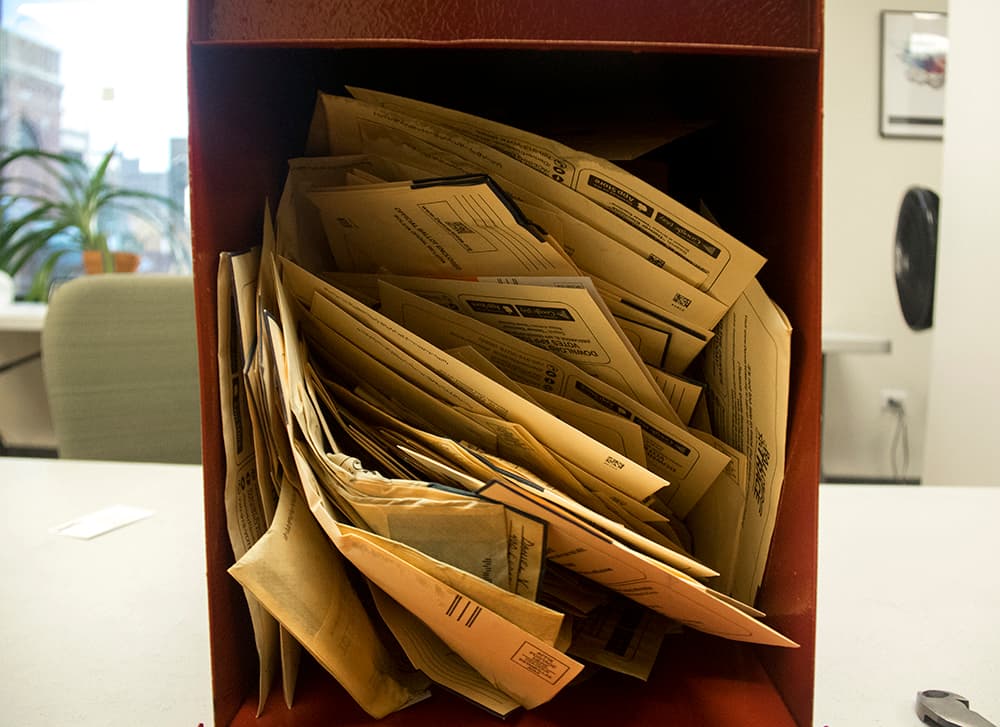
Colorado voters have a long ballot this year, and if you're like me, what's holding you up isn't so much the top of the ballot as the bottom.
We've got your guide to all those state and local ballot measures and how to make decisions about more obscure races like judges, regents and RTD board.
There are resources out there to help you vote on judicial retention if you're willing to do some reading. The Colorado Commissions on Judicial Performance makes their evaluations public. Or you can do like my old editor and vote no on all of them, secure in the knowledge that judges almost never lose their seats.
The nine-member University of Colorado Board of Regents has been controlled by Republicans since 1979. The race for at-large regent between Republican Heidi Ganahl and Democrat Alice Madden could change that. Or not. The Colorado Independent has a good breakdown of the race and what's at stake.
Eight of the 15 seats on the Regional Transportation District board are up for election and four of those seats are contested. These are not the most prominent positions on the ballot, but they make decisions that have big implications for how we live and get around. Streetsblog Denver has Q&As with all the candidates in contested races to help you make your decision.
Colorado ballot guide: Learn about the rest of this year’s ballot measures.
Amendment T removes any allowance for slavery from the Colorado constitution.
Amendment U exempts some people who use public land for private business ventures from property taxes.
Amendment 69 would implement a single-payer health care system paid for with a 10 percent payroll tax.
Amendment 70 would raise the minimum wage to $12 an hour by 2020.
Amendment 71 would make it harder to amend the state constitution going forward.
Amendment 72 raises cigarette taxes.
Proposition 106 allows for physician-assisted suicide for people diagnosed with terminal illness.
Proposition 107 would create a presidential primary to replace the party-run caucuses and allow unaffiliated voters to vote in that primary.
Proposition 108 would allow unaffiliated voters to vote in non-presidential primary elections.
In seven-county Denver metro area
Ballot Issue 4B extends the 0.1 percent sales tax that funds the Science and Cultural Facilities District until 2030 and changes how the money is allocated among small, medium and large institutions.
And for Denver voters:
Referred Question 2A allows the city to retain additional taxes collected under the sales tax that funds the Denver Preschool Program.
Referred Question 2B incorporates the Office of the Independent Monitor into the city charter so that a future mayor or city council could not get rid of it.
Initiative 300 creates a pilot program to allow public consumption of marijuana. Businesses could apply for a permit for a designated consumption area in a process similar to seeking a liquor license.











